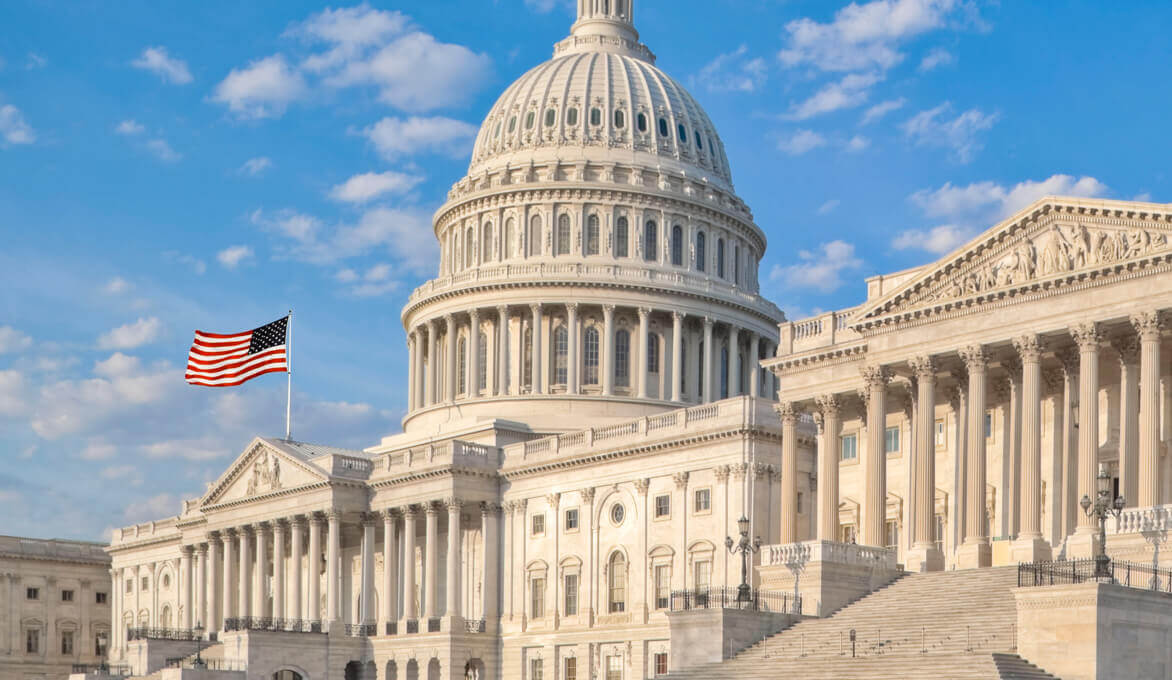Congress Passes Long-Awaited COVID Relief Bill

Late Monday night, Congress overwhelmingly approved a $900 billion COVID relief package that is expected to be signed into law by the President soon. While we are still digesting the over 5,500 pages of text, we wanted to make our financial institution clients and friends aware of some of the provisions contained within the bill.
Note that while this article covers matters from a lender’s perspective, BNN is also releasing a summary of the PPP changes from a borrower’s perspective, and another article covering non-PPP features, primarily those that are tax-related.
- Paycheck Protection Program (PPP) – the bill allocates $284 billion to continue this flagship feature of the CARES Act. The bill also includes a “second draw” provision for previous PPP borrowers.
- Hold Harmless language for PPP lenders – the bill allows PPP lenders to rely upon certifications and documentation provided by PPP borrowers, and lenders will not be subject to any enforcement actions or penalties if they act in good faith and otherwise comply with relevant statutory and regulatory requirements. This applies to the origination and forgiveness phase for initial and second draw PPP loans.
- Simplified forgiveness for PPP loans of $150,000 or less – the bill directs the Small Business Administration (SBA) to establish a one-page certification within 24 days of the bill becoming law for borrowers to submit to their lender. The certification will require limited information from the borrower, including the number of employees retained because of the loan, the estimated amount of the loan spent on payroll costs, and the loan amount.
- No forgiveness reduction for Economic Injury Disaster Loan (EIDL) advances – under the CARES Act, the amount of forgiveness of PPP loan to which a borrower is entitled is reduced by any EIDL advance received by the borrower. The new bill repeals this provision.
- Further relief from Current Expected Credit Losses (CECL) adoption – section 4014 of the CARES Act provided relief to institutions required to adopt CECL on January 1, 2020 whereby such institutions could delay adoption no later than December 31, 2020. The new bill extends relief from CECL for these institutions to no later than January 1, 2022.
- Further relief from troubled debt restructuring (TDR) classification – section 4013 of the CARES Act suspended the requirements for institutions providing loan modifications to borrowers experiencing COVID-related financial difficulties to report them as TDRs. The new bill extends relief from TDR reporting of such modifications to no later than January 1, 2022.
We expect further guidance from the SBA and Treasury shortly after the bill becomes law. In the meantime, we strongly encourage institutions to reach out with any questions related to this long-awaited legislation.
For more information, please contact your BNN service provider at 800.244.7444.
Disclaimer of Liability: This publication is intended to provide general information to our clients and friends. It does not constitute accounting, tax, investment, or legal advice; nor is it intended to convey a thorough treatment of the subject matter.
